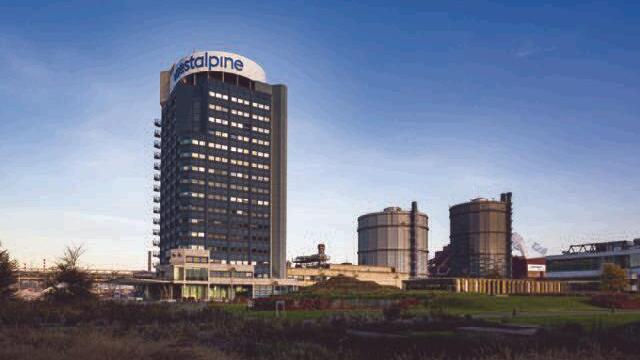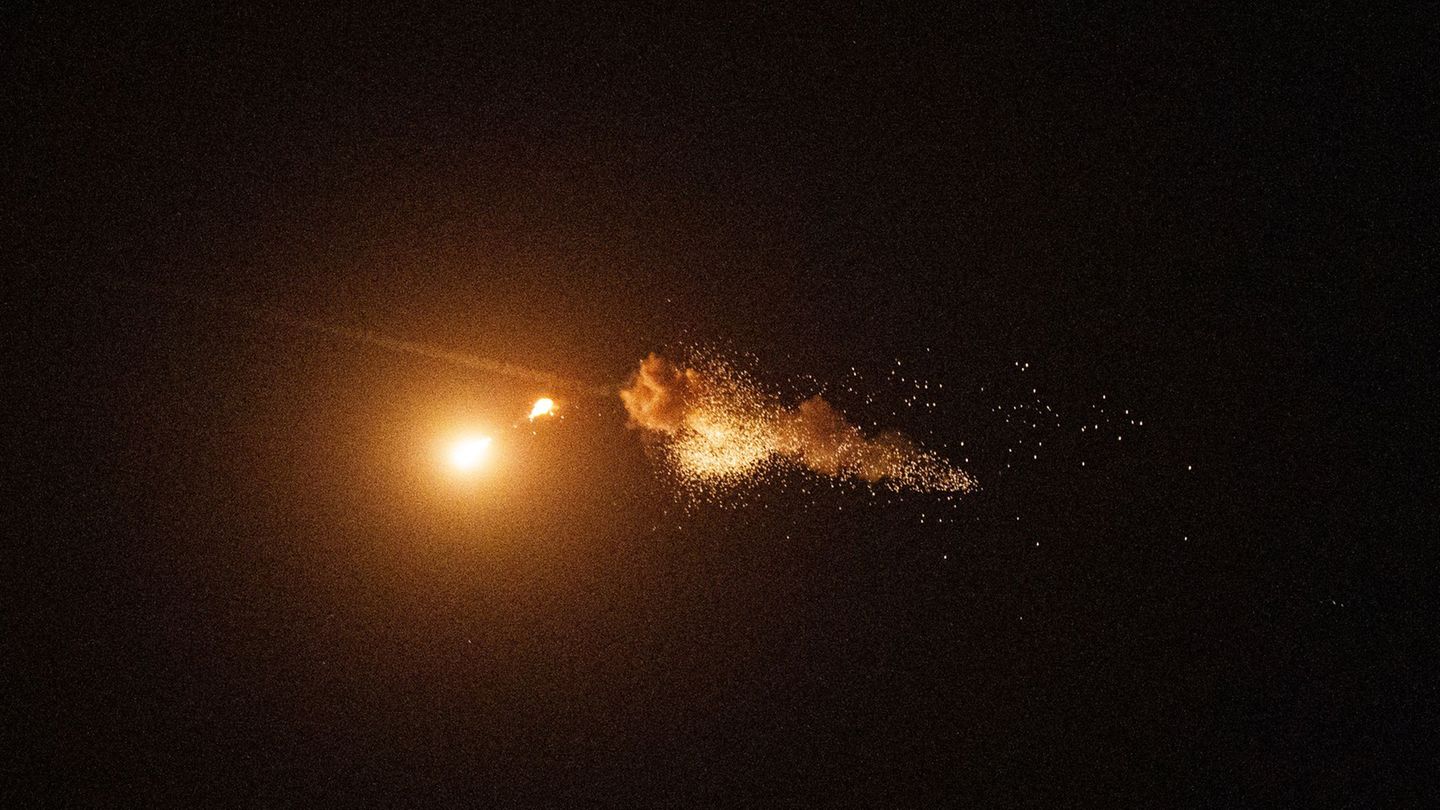Nobody in Upper Austria wants to imagine the worst case scenario, with no more gas coming from Russia. Some large companies such as voestalpine buy gas themselves and store it, the majority cannot do this and are optimizing processes or trying to switch systems back to operating with heating oil or methanol instead of natural gas, according to a broadcast by OÖN.
The technology group voest-alpine could maintain production in Austria for several months thanks to its own storage facilities and alternative gas sources. Up to 1.5 TWh of gas is stored in the RAG storage facilities in Haag and Haidach, among others. This amount enables three months of full operation or a correspondingly longer partial operation, the group announced on Friday. Currently, these storages are half full. Full filling should be achieved by mid-July 2022. They are also trying to buy gas from new suppliers. During the summer, liquid gas (LNG) is bought from overseas via Italy for ongoing operations and for storage.
So far, gas throttling has not affected them, but in the event of bottlenecks, steel production could be “adapted to the available energy”.
“The companies in Upper Austria are concerned. If Germany runs out of gas or the case of energy control occurs, it will be very difficult for us. If a link in the chain is missing, there will be a domino effect and we would be largely affected,” said IV -OÖ managing director Joachim Haindl-Grutsch. He warned politicians to pull out all the stops, regardless of ideological barriers, in order to manage this “biggest energy crisis since the Second World War”.
The possibilities for an industrial company to compensate for a gas failure are limited, says Ernst Spitzbart, energy spokesman for the industry in the WKOÖ and head of the Steyrermühl paper mill. In his company, many processes have already been optimized so that one could get by without gas for a few days. But in winter you have to use gas for district heating. Without this, many households remain cold.
Austria’s largest dairy with headquarters in Wels, Berglandmilch, optimizes energy consumption with heat recovery, biogas and PV to use less natural gas. But “the milk comes every day and we are under time pressure when processing it – it’s difficult without gas,” said a spokeswoman. (uru/fep)
EU summit: nervousness in Europe is increasing
At the EU summit in Brussels on Friday, nervousness about the absence of Russian gas spread from Germany. Germany’s Economics Minister Robert Habeck thought it was possible that Russia would stop supplying gas after the maintenance of the Nord Stream 1 gas pipeline in July. This leads to a “Lehman Brothers effect in the energy market”.
Russia has not only throttled the flow of gas to Europe on Nord Stream 1, which leads to Germany via the Baltic Sea, but also on numerous other pipelines. Significantly less gas comes to Europe than usual at this time of year. The International Energy Agency warned the EU to prepare for a total freeze on Russian gas supplies.
Source: Nachrichten




